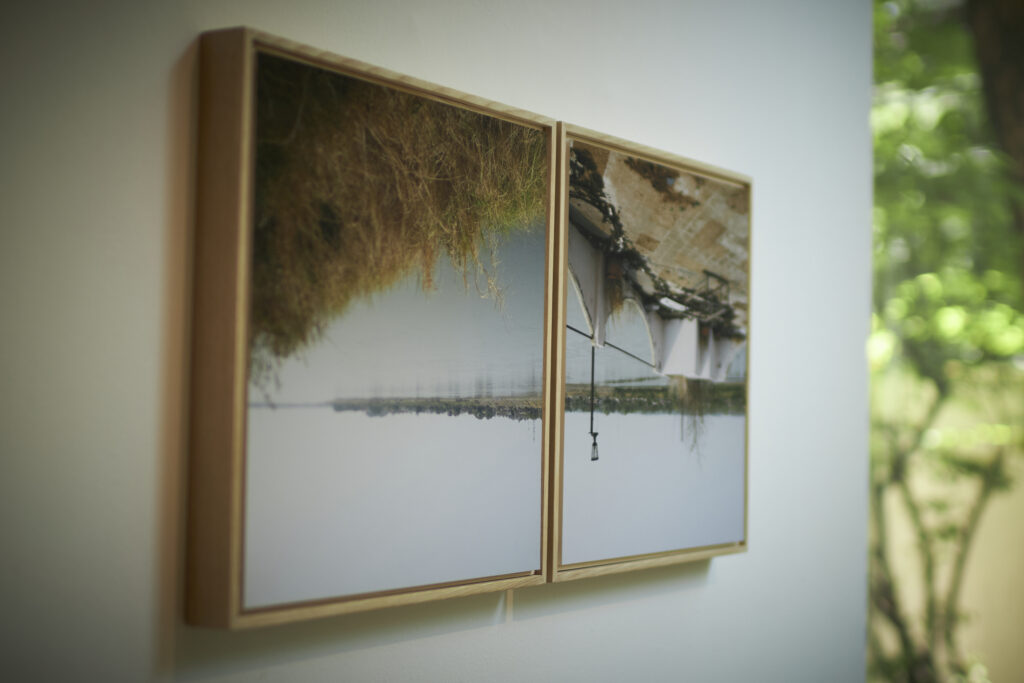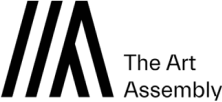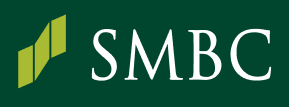
Yuko Hasegawa: Under this social and political climate, I am thinking about the new form of capital, which is inspired by the theory of ‘social common capital’ by Japanese mathematical economist Hirofumi Uzawa. It enriches people’s lives in both material and spiritual terms. In order to maintain social stability, it has recourse to three forms of capital: natural environment, social infrastructure, and institutional capital. These types of capital must be regulated and facilitated by professional experts and there needs to be a sense of fiduciary responsibility that respects the interests of the trustees. I think this way of thinking of capital is very sensible. Current revisionism of Marx’s ideas in his later years also seems to be relevant to this direction.
Instead of using the word ‘produce’ in relation to new capital or resources, I chose the term ‘engender’ intentionally. ‘Engender’ comes from the Latin verb generare, which means ‘to generate’ which is the act of bringing out the potential in things.
The Thailand Biennale is a nomadic one which seeks to discover the latent potential and value of various sites. It is an attempt to implement a practice that will visualize and enhance this process, in collaboration with artists / experts and local people. The main role of the curators is to facilitate all these potential resources, to achieve an activation and transformation. The goal is the detoxification of the body and spirit of this land as well as the fiduciary relationship among people.
However, under the Covid-19 pandemic, our situation became worse and worse; the team and I are trying to explore what we can do in this uncertain future. I happened to find the image of animals puddling in mud. It looked like our situation of struggling in this anxiety. But actually, this is an act to detox and a practice to engender new capital as well. The title “Butterflies Frolicking on the Mud” expresses our miserable but courageous state. It also indicates the ‘capital’ of hope that emerges from the midst of anxiety and uncertainty. When I proposed this idea during the biennale meeting, one of the staff told me about the local news which reported many butterflies araised in the Korat region during the Covid-19 pandemic because of the reduction in human migration. This was a coincidence, but one that convinced us very much.
: Under this social and political climate, I am thinking about the new form of capital, which is inspired by the theory of ‘social common capital’ by Japanese mathematical economist Hirofumi Uzawa. It enriches people’s lives in both material and spiritual terms. In order to maintain social stability, it has recourse to three forms of capital: natural environment, social infrastructure, and institutional capital. These types of capital must be regulated and facilitated by professional experts and there needs to be a sense of fiduciary responsibility that respects the interests of the trustees. I think this way of thinking of capital is very sensible. Current revisionism of Marx’s ideas in his later years also seems to be relevant to this direction.
Instead of using the word ‘produce’ in relation to new capital or resources, I chose the term ‘engender’ intentionally. ‘Engender’ comes from the Latin verb generare, which means ‘to generate’ which is the act of bringing out the potential in things.
The Thailand Biennale is a nomadic one which seeks to discover the latent potential and value of various sites. It is an attempt to implement a practice that will visualize and enhance this process, in collaboration with artists / experts and local people. The main role of the curators is to facilitate all these potential resources, to achieve an activation and transformation. The goal is the detoxification of the body and spirit of this land as well as the fiduciary relationship among people.
However, under the Covid-19 pandemic, our situation became worse and worse; the team and I are trying to explore what we can do in this uncertain future. I happened to find the image of animals puddling in mud. It looked like our situation of struggling in this anxiety. But actually, this is an act to detox and a practice to engender new capital as well. The title “Butterflies Frolicking on the Mud” expresses our miserable but courageous state. It also indicates the ‘capital’ of hope that emerges from the midst of anxiety and uncertainty. When I proposed this idea during the biennale meeting, one of the staff told me about the local news which reported many butterflies araised in the Korat region during the Covid-19 pandemic because of the reduction in human migration. This was a coincidence, but one that convinced us very much.
: Under this social and political climate, I am thinking about the new form of capital, which is inspired by the theory of ‘social common capital’ by Japanese mathematical economist Hirofumi Uzawa. It enriches people’s lives in both material and spiritual terms. In order to maintain social stability, it has recourse to three forms of capital: natural environment, social infrastructure, and institutional capital. These types of capital must be regulated and facilitated by professional experts and there needs to be a sense of fiduciary responsibility that respects the interests of the trustees. I think this way of thinking of capital is very sensible. Current revisionism of Marx’s ideas in his later years also seems to be relevant to this direction.
Instead of using the word ‘produce’ in relation to new capital or resources, I chose the term ‘engender’ intentionally. ‘Engender’ comes from the Latin verb generare, which means ‘to generate’ which is the act of bringing out the potential in things.
The Thailand Biennale is a nomadic one which seeks to discover the latent potential and value of various sites. It is an attempt to implement a practice that will visualize and enhance this process, in collaboration with artists / experts and local people. The main role of the curators is to facilitate all these potential resources, to achieve an activation and transformation. The goal is the detoxification of the body and spirit of this land as well as the fiduciary relationship among people.
However, under the Covid-19 pandemic, our situation became worse and worse; the team and I are trying to explore what we can do in this uncertain future. I happened to find the image of animals puddling in mud. It looked like our situation of struggling in this anxiety. But actually, this is an act to detox and a practice to engender new capital as well. The title “Butterflies Frolicking on the Mud” expresses our miserable but courageous state. It also indicates the ‘capital’ of hope that emerges from the midst of anxiety and uncertainty. When I proposed this idea during the biennale meeting, one of the staff told me about the local news which reported many butterflies araised in the Korat region during the Covid-19 pandemic because of the reduction in human migration. This was a coincidence, but one that convinced us very much.




